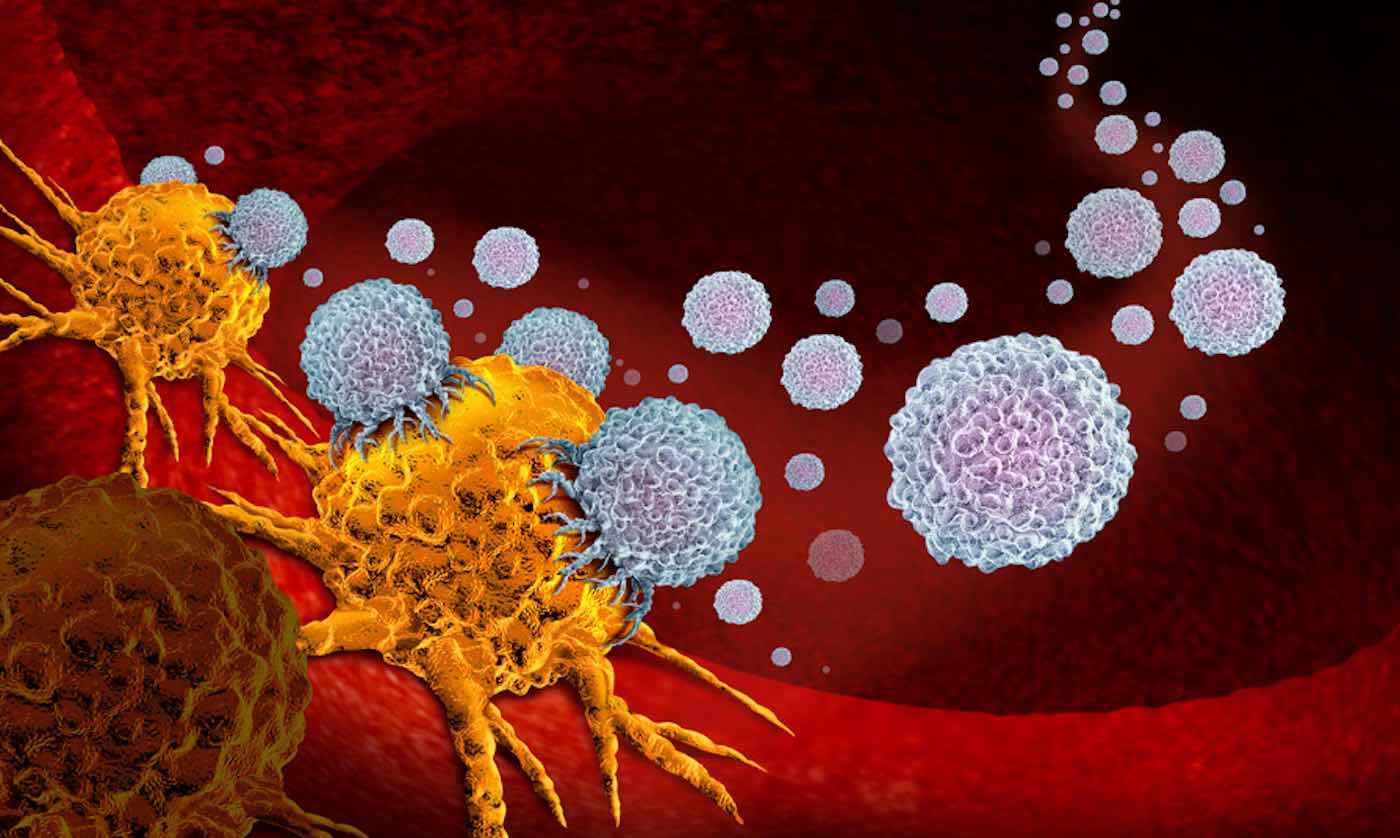For the First Time, Scientists Have Reversed Dementia in Mice With Drug That Reduces Brain Inflammation
Not only does the drug reverse dementia, but researchers also believe that it could help the brain recover from concussion and trauma.

With pancreatic cancer ranking as one of the most deadly forms of cancer, researchers are excited to report on a promising new breakthrough for a treatment.
Pancreatic cancer, which maintains a 95% mortality rate, is resistant to all current treatments. Patients have extremely poor chances of surviving for five years after being diagnosed—and since the disease does not show symptoms until the advanced stages, it is notoriously hard to diagnose.
However, this new Tel Aviv University study finds that a small molecule has the ability to induce the self-destruction of pancreatic cancer cells. The research was conducted with xenografts—transplantations of human pancreatic cancer into immunocompromised mice. The treatment reduced the number of cancer cells by 90% in the developed tumors a month after being administered.
The research holds great potential for the development of a new effective therapy to treat this aggressive cancer in humans.
The study, which was published in the journal Oncotarget, was led by Professor Malca Cohen-Armon and her team at TAU's Sackler Faculty of Medicine, in collaboration with Dr. Talia Golan's team at the Cancer Research Center at Sheba Medical Center.
"In research published in 2017, we discovered a mechanism that causes the self-destruction of human cancer cells during their duplication without affecting normal cells," explains Prof. Cohen-Armon. "We have now harnessed this information to efficiently eradicate human pancreatic cancer cells in xenografts. The current results were obtained using a small molecule that evokes this self-destruction mechanism in a variety of human cancer cells.
"The mice were treated with a molecule called PJ34, which is permeable in the cell membrane, but affects human cancer cells exclusively. This molecule causes an anomaly during the duplication of human cancer cells, provoking their rapid cell death. Thus, cell multiplication itself resulted in cell death in the treated cancer cells."
A month after being injected with PJ34 daily for 14 days, the pancreatic cancer cells in the tumors of the treated mice experienced a relative drop of 90%. In one mouse, the tumor completely disappeared.
"It is important to note that no adverse effects were observed, and there were no changes in the weight gain of the mice, nor in their behavior," says Professor Cohen-Armon.
This mechanism acts efficiently in other types of cancer resistant to current therapies. The molecule PJ34 is being tested in pre-clinical trials according to FDA regulations before clinical trials begin.
Reprinted from Tel Aviv University
Cure Your Friends Of Negativity By Sharing The Exciting News To Social Media…
Be the first to comment